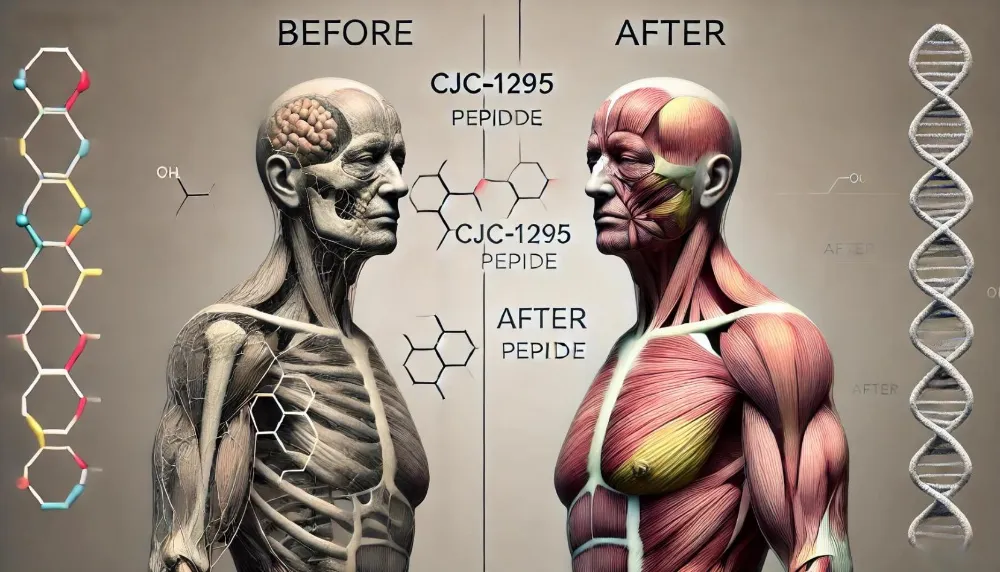Pharmacologically and in biotechnology, peptides are being recognized as increasingly therapeutic. It is on the short chains of amino acids on which so much reliance has been placed for these therapeutic agents, which are hormones, neurotransmitters, and signalling molecules in their role in drug development. All peptides are not the same. The critical difference that research scientists and practitioners must make when differentiating from others is quality, effectiveness, safety, and regulatory compliance in the selection of pharma-grade peptides. Pharma-grade peptides meet the conditions for purity and quality set forth by the FDA and EMA. Stringent testing and quality control ensure that these peptides are free from pollutants and impurities that would be detrimental to their effectiveness and safety.
Why Quality and Purity Matter
Pharmaceuticals need peptides to be pure and of high quality. Impurities in peptides may result in variable outcomes, poor therapies, and dangerous side effects. With pharma-grade peptides are manufactured under strict circumstances using high-quality source ingredients and advanced purification methods. This rigorous method produces bioactive and consistent peptides. Researchers and healthcare professionals may rely on peptides to deliver the expected results, reducing undesirable effects and enhancing treatment regimens. The pharma grade peptides affect clinical outcomes beyond purity. Oncology, endocrinology, and immunology use more of peptides. You can expect the best quality there now that peptide.ltd is a GMP manufacturer. Pharma-grade peptides work well in living organisms, and scientists and doctors could rely on them. In the exploration of new drugs or conducting clinical trials, variability of peptide quality could skew results and impede the identification of the drug. Choose pharma-grade peptides to optimize the therapeutic effectiveness and improve patient’s health.
Safety Concerns
A pharmacological application will always emphasize safety. Non-pharma grade peptides contain impurities that may cause allergic reactions and toxicity, among other adverse effects. Pharma-grade peptides undergo a much broader toxicological and stability testing on their tolerance and safety for humans. Such rigorous testing ensures the peptides are safe for use on humans. The purity of pharma-quality peptides will help medical practitioners reduce the side effects associated with clinical research, hence putting patients and practitioners at ease. Quality peptides enhance the authenticity of clinical research.
Regulations and Industry Standards
All pharmaceutical regulations must be met. Pharma-grade peptides are synthesized in GMP-compliant facilities, which provide consistency and transparency. The requirements bind the manufacturers to keep complete records of the procurement, synthesis, and testing of the peptides for evaluation by regulatory bodies. The pharma grade peptides guarantee the quality, safety, ethics, and regulatory compliance. The influence of financing, relationships, and reputation make industry standards highly important for clinical research and drug development organizations.



